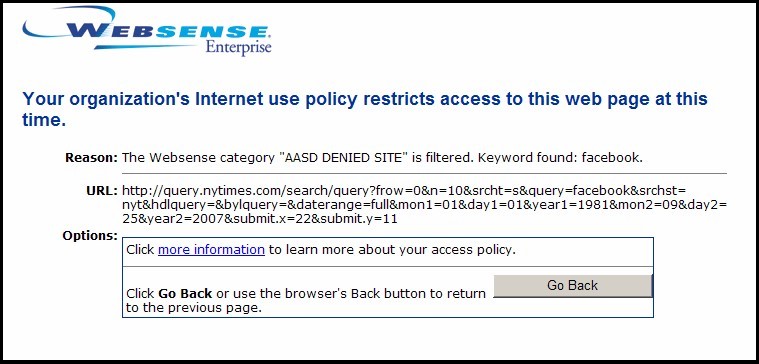The Library of Congress has recently made a huge step in embracing such Web 2.0 concepts such as creativity, collaboration and sharing between users.
In an effort to provide better access to their collections, while symbiotically harvesting more information about those collections, the Library of Congress has created a Flickr page to host copyright-free pictures:
Out of some 14 million prints, photographs and other visual materials at the Library of Congress, more than 3,000 photos from two of our most popular collections are being made available on our new Flickr page, to include only images for which no copyright restrictions are known to exist…
…We want people to tag, comment and make notes on the images, just like any other Flickr photo, which will benefit not only the community but also the collections themselves.
More information is available on the Library’s Web site here and on the FAQ page here. You can read Flickr’s take here.
-from the Library of Congress Blog
While this is a tremendous offer, don’t forget about the slew of resources already available from the Library of Congress (including a section for teachers). Check them out for your classes and for yourself.
And there is also an underlying motive here. To help the Library on this project, Flickr has even created a new publication model for public collections called The Commons. Both the LOC and Flickr are hoping to encourage other public institutions to follow their lead. (In fact, the National Library of Australia is already doing a similar project with Picture Australia).
But of course, making these collections easily available has tremendous implications in education. This is a perfect way to teach about tagging and sharing in the classroom, while using historically important content without the worry of students accessing inappropriate content. And these pictures have no copyright restrictions, so they can easily be used by students and teachers in endless and creative ways in many classes. Too bad Flickr is blocked by Websense in my district.
What could you do with these pictures?



Recent Comments